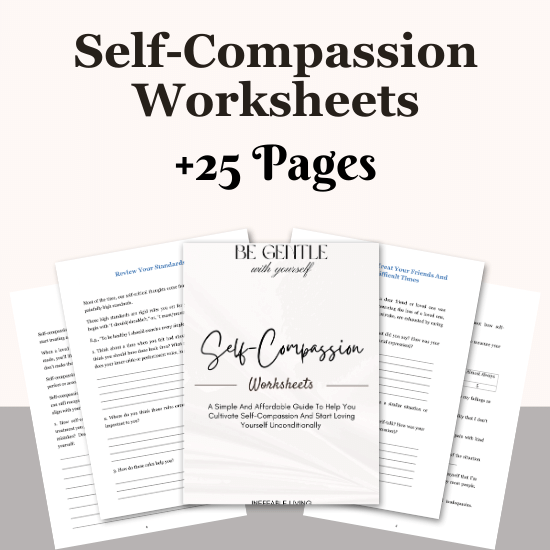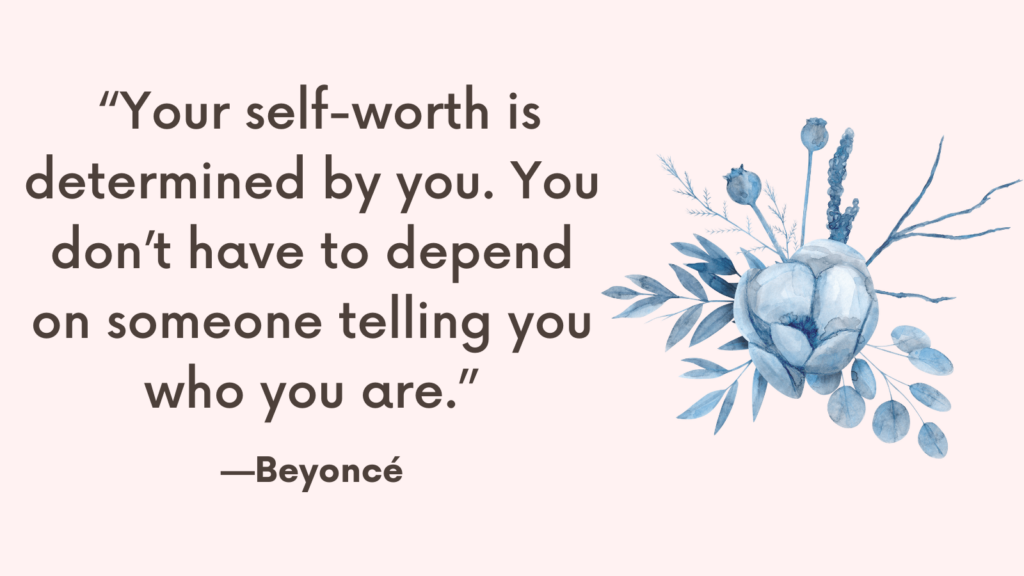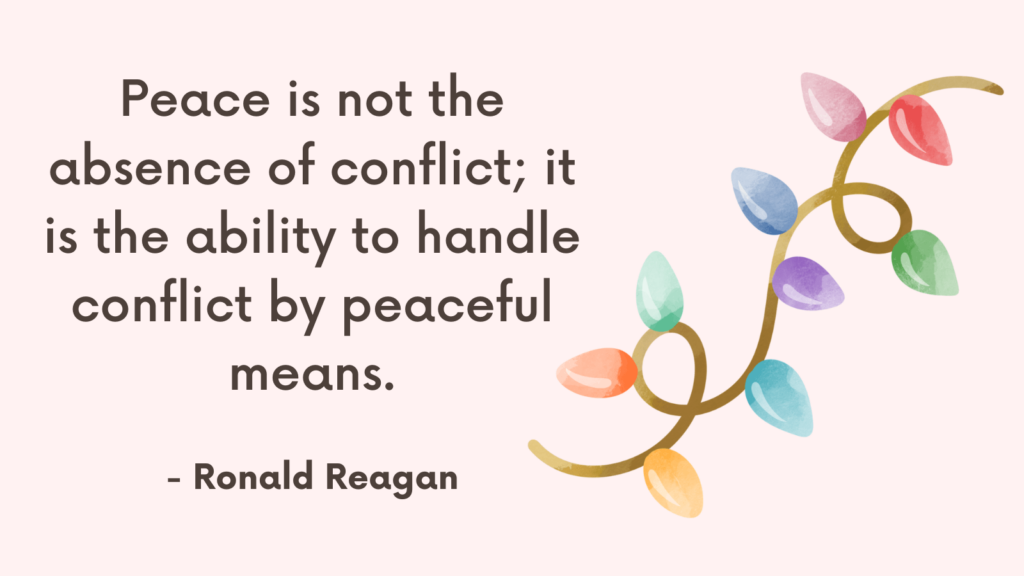Setting goals for the new year is exciting, but the pressure to achieve them can lead to burnout. Here are practical ways to pursue your aspirations without sacrificing your mental and physical well-being.
The Burnout Behind “New Year, New Me” Culture
New Year, New Pressure?
As the clock strikes midnight on December 31st, the world seems to echo with resolutions, glow-ups, and promises of total transformation. But behind the confetti and vision boards, many people feel something else quietly creeping in: exhaustion, pressure, and even shame.
What’s Really Going On?
The “New Year, New Me” mentality often sets us up for burnout by promoting the idea that who we are now isn’t good enough. Instead of cultivating self-compassion, it pressures us into drastic overhauls — all at once, all too fast. It romanticizes reinvention but rarely accounts for reality: healing is slow, growth is messy, and lasting change takes time.
Here’s the problem:
- It equates self-worth with productivity and aesthetics
- It implies urgency — that change must start January 1st
- It ignores the emotional toll of unmet expectations
- It fosters comparison, especially on social media
How to Avoid Burnout While Chasing New Year’s Goals?
1. Set Realistic, Achievable Goals
Overly ambitious goals can be overwhelming and lead to burnout if they’re too difficult to attain. Setting realistic, manageable goals helps you build momentum and feel encouraged by small wins.
– How to Practice: Use the SMART framework (Specific, Measurable, Achievable, Relevant, Time-bound) to define goals you can genuinely commit to. Focus on one or two goals that align with your priorities, rather than spreading yourself thin across multiple big changes.
2. Break Goals into Small, Actionable Steps
Big goals can feel intimidating if they aren’t broken down into smaller tasks. Working on small, daily or weekly actions keeps you motivated and reduces stress by making progress feel manageable.
– How to Practice: Write down the steps needed to achieve your goals, and focus on completing one small action at a time. Celebrate each step to keep motivation high and avoid the “all-or-nothing” mindset.
Related: How to Use Atomic Habits for Mental Health?
3. Prioritize Rest and Recovery
Chasing goals without adequate rest leads to physical and mental exhaustion. Making rest a non-negotiable part of your routine prevents burnout and supports sustainable progress.
– How to Practice: Schedule regular breaks throughout the day, and commit to a daily routine that prioritizes sleep, relaxation, and time off from goal-related activities. Remember that rest enhances productivity in the long run.
4. Embrace Flexibility and Adjust When Needed
As you work toward goals, you may encounter unexpected challenges or shifting priorities. Being open to adjusting your approach keeps you adaptable and reduces the pressure to “stick to the plan” at all costs.
– How to Practice: Regularly review your goals and progress. If you notice signs of burnout or changing priorities, consider modifying your timeline or approach. Flexibility allows you to stay engaged without feeling trapped by rigid expectations.
Related: 50 Things To Love About Yourself
5. Focus on Progress Over Perfection
Striving for perfection can quickly lead to burnout, as it creates unrealistic standards. Emphasizing progress over perfection fosters a growth mindset and encourages resilience.
– How to Practice: Celebrate small wins and acknowledge your progress rather than focusing on perceived flaws or setbacks. Set a weekly “progress check-in” where you reflect on what went well, what you learned, and what you’d like to improve.
Related: Letting Go of Perfectionism: Best 20 Tips
6. Practice Self-Compassion
Self-criticism often accompanies ambitious goals, increasing stress and reducing motivation. Practicing self-compassion helps you approach challenges with kindness, making it easier to bounce back and stay motivated.
– How to Practice: When you encounter setbacks, remind yourself that setbacks are normal and part of the process. Treat yourself as you would a friend who needs encouragement, and focus on solutions rather than self-blame.
Related: How To Be Gentle With Yourself? Top 5 Ways To Practice Self-Compassion
7. Set Boundaries Around Goal-Related Time
It’s easy to let goal-related tasks take over your schedule, but maintaining boundaries prevents burnout. Setting time limits around when you work on goals protects your personal time and helps maintain balance.
– How to Practice: Designate specific blocks of time each day or week for goal-related tasks, and stop when that time is up. Resist the urge to work overtime on goals by engaging in other activities that bring you joy or relaxation.
Related: Are You an Emotional Sponge? (5 Tips for Better Boundaries)
8. Engage in Mindfulness Practices
Mindfulness can reduce stress, improve focus, and help you stay present. Practicing mindfulness keeps you aware of burnout signs and enables you to address them proactively.
– How to Practice: Incorporate brief mindfulness exercises like deep breathing or grounding techniques into your daily routine. Even a few minutes of mindfulness can provide calm, clarity, and perspective as you work toward goals.
9. Celebrate Achievements Regularly
Burnout often stems from focusing too much on “what’s next” without acknowledging what you’ve accomplished. Celebrating milestones reinforces motivation and reminds you of the progress you’re making.
– How to Practice: Each week, write down any accomplishments related to your goals, no matter how small. Reward yourself with something you enjoy—a favorite meal, time with friends, or a relaxing activity—to mark the achievement.
10. Check in with Yourself Regularly
Burnout can build up over time, especially when you’re focused on achieving new goals. Regular self-check-ins help you stay aware of your energy levels and identify early signs of burnout.
– How to Practice: Set aside a few minutes each week to assess how you’re feeling. Ask yourself, “Am I still enjoying this process?” or “Do I need a break?” Self-awareness is key to recognizing when to rest or adjust.
Related: 7-Step Quick Mental Health Check-In Guide

Conclusion
By integrating these practices, you can pursue your New Year’s goals without sacrificing your well-being. Remember, sustainable progress is about balance, and honoring your needs will keep you motivated and energized throughout the journey.



